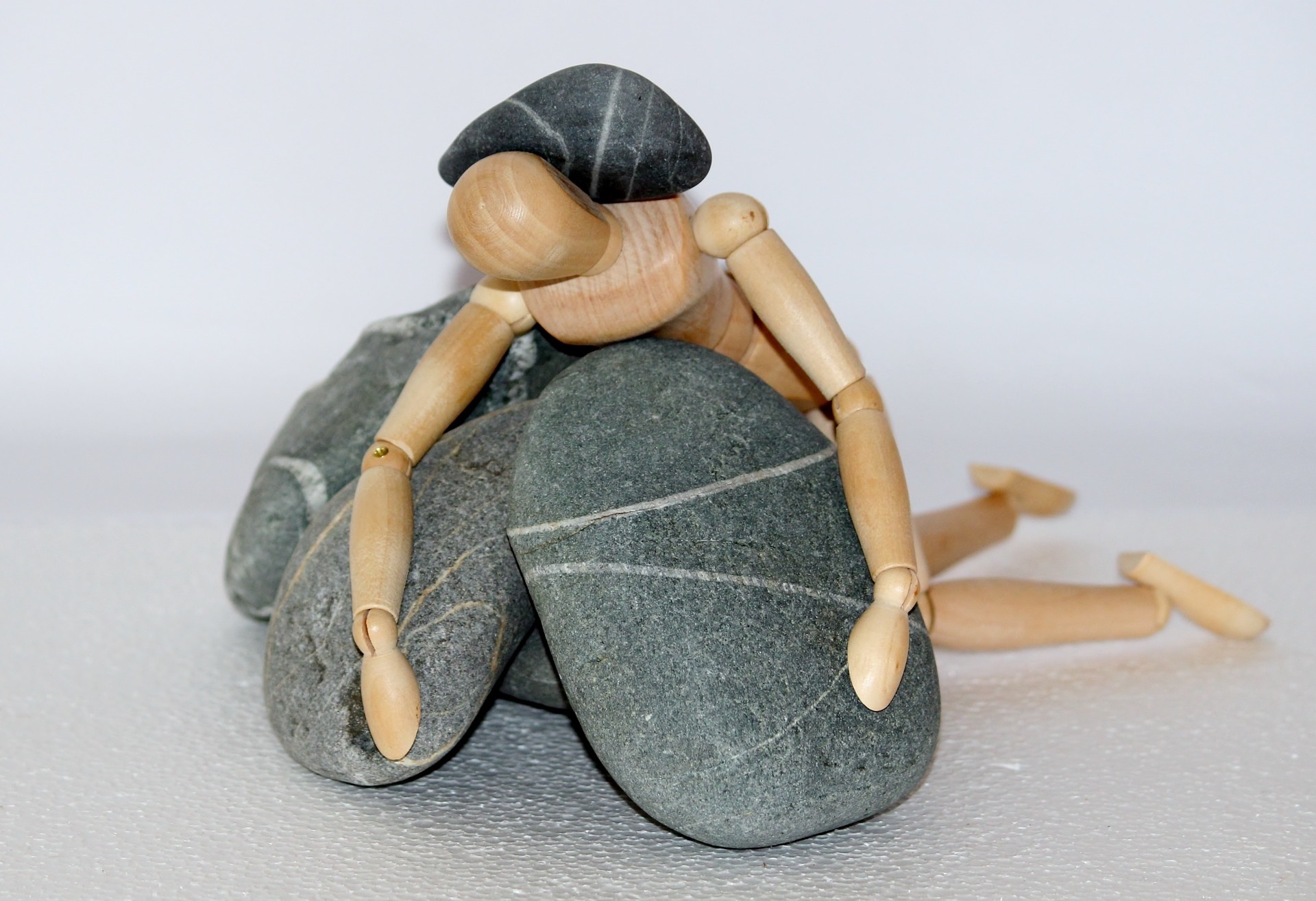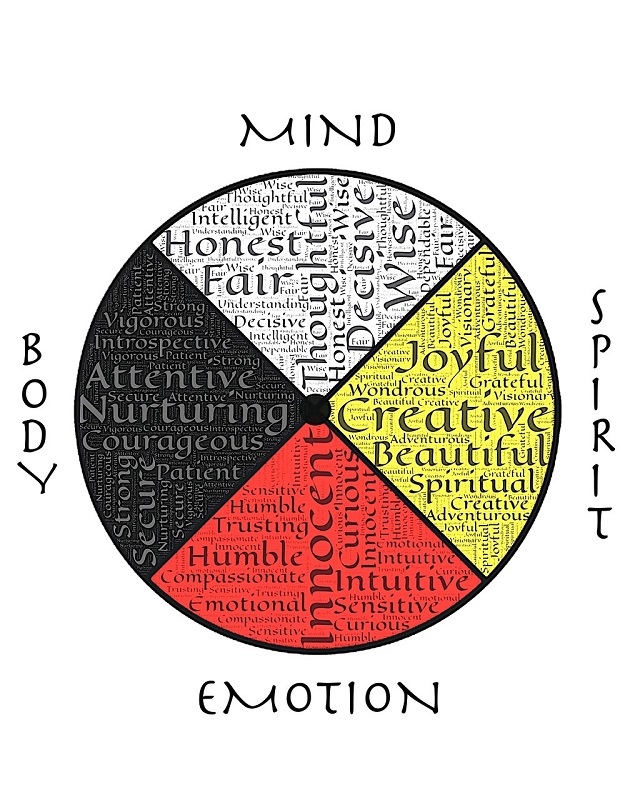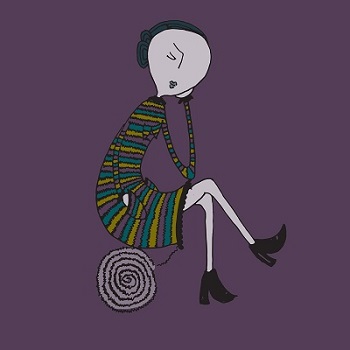
How To Stay Mentally Healthy During The Divorce Process
January 13, 2019
What Exactly Is Managing A Healthy Lifestyle?
January 24, 2019Each person is unique in their bereavement needs while coping with the loss of a loved one. Sadly, you didn’t choose the road you are presently trying to navigate but you can decide to choose a new, different path for your future journey. With a helping hand, you can allow grief to run its course and then leave it by the wayside driving on to the memories that hold a special place in your heart as you move forward.
The key to making a successful transition is the ability to manage intense feelings and emotions in a healthy manner. Grieving touches everyone differently, and there are many factors to consider when going through the process. Some handle grief by “wearing it on their sleeve”. Others keep their feelings of grief to themselves. In her book, Death and Dying, Elisabeth Kulber-Ross describes the five stages of grief—denial, anger, bargaining, depression, and acceptance. Being familiar with these stages will help you understand feelings and emotions as you either experience them in succession or go back and forth between the stages.
Having compassion for yourself and taking care of your well-being is critical at this time. As you grieve you may experience a bevy of emotions, numbness, mood swings, and reactions. They can be very intense at times but they are healthy in the fact that they will help you come to terms with your loss. Sometimes, you just have to sit with them for a while. Surrendering to them is uncomfortable but becomes less severe with time.
Here are some tips to help make the transition easier:
- Hold off on making any major life changes and give yourself adequate time to adjust to your new situation. During this time, your mind is full of confusing thoughts. Taking the time to work through grief will allow you to make the transition with courage and clarity.
- Don’t isolate yourself. You shouldn’t travel this path alone. Seeking out caring people who can understand your feeling of loss and pain can help you work through the process. Allowing others to care for and support you can be cathartic. Joining a support group can help you feel more connected. Reaching out to others and hearing their stories may ease your own pain.
- Take care of yourself. Exercising, eating well, and getting adequate sleep can help get you through the day moving forward. Grief can expend a lot of energy as a result of feeling very intense emotions and leave you feeling exhausted. If possible, pace yourself and be sure to carry a lighter load of responsibilities during this time.
- Allow yourself to mourn—personal beliefs, religious customs, and cultural traditions can be a means of sharing with others who want to support you during this time. Mourning is critical to the process and can lessen the intensity of sorrow and help to adapt to loss.
Join my new Facebook Group on my business page in which I want to build a tribe of women who support each other and feel empowered to move forward. It’s called MOVING BEYOND DIVORCE.




